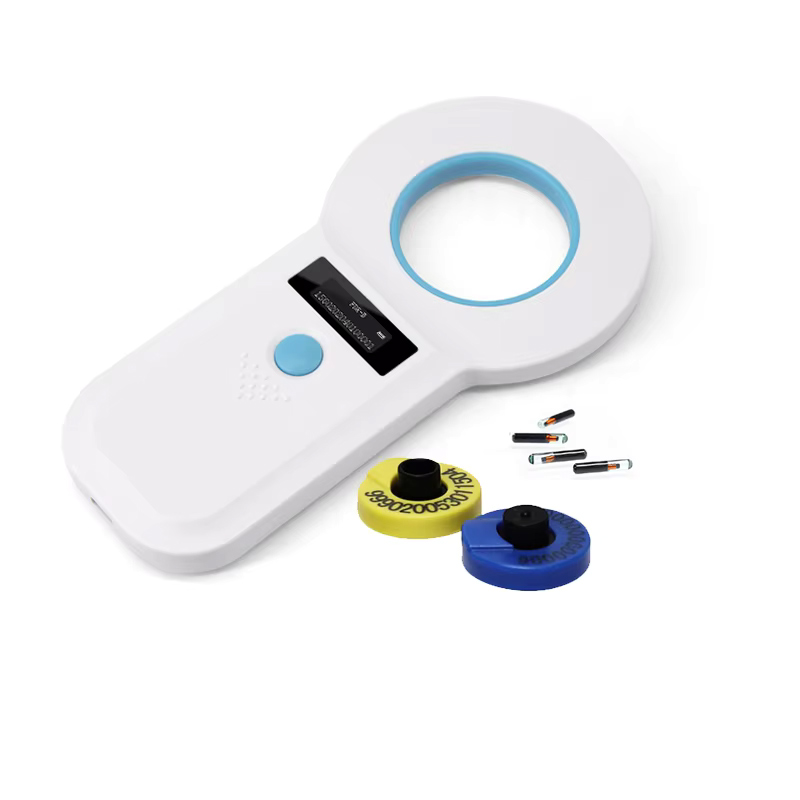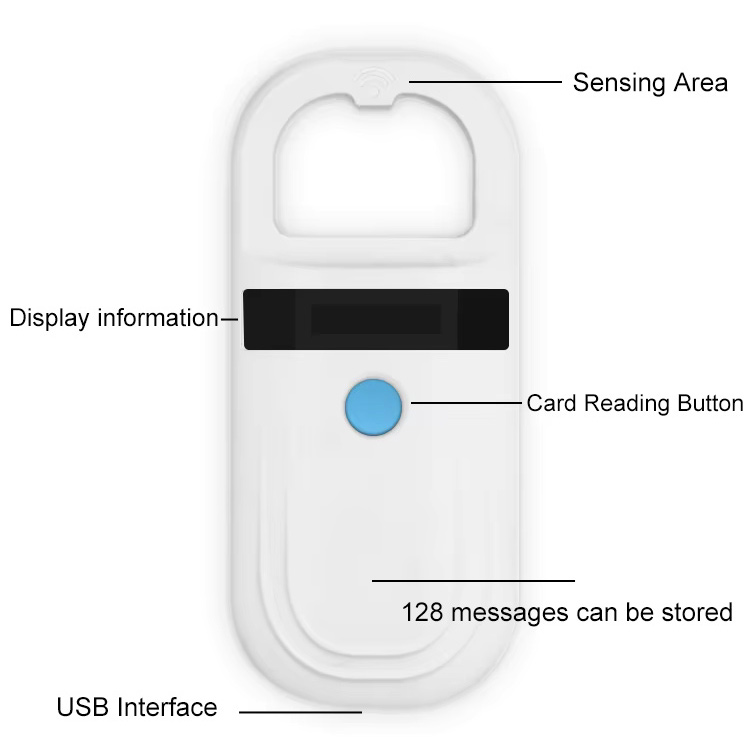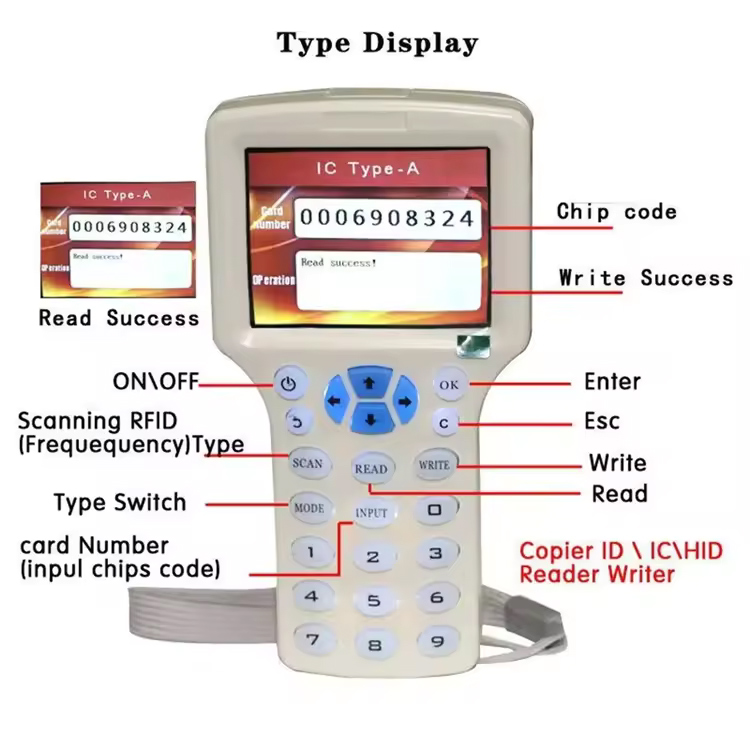
Animal Radio Frequency Identification Chip: Augmenting Breeding Practices through Technology
I. Design and Operation of Animal Radio Frequency Identification Chips
These miniature electronic tags, comprised of a chip, antenna, and encapsulation material, are embedded in or affixed to animals. Each chip features a unique ID code that can identify the animal via radio waves. This technology has been employed in livestock and pet sectors for functions including identifying, managing health, and monitoring diseases.
II. Potential Application Scenarios of Animal Radio Frequency Identification Chips
1. Unique Animal Identification: These chips enable unambiguous identification, preventing confusion and misidentification during breeding management and disease surveillance.
2. Health Management: The chips record vital information such as health status and vaccine history, facilitating precise and personalized animal health management.
3. Disease Surveillance: They can monitor vital signs like body temperature, heart rate, and respiration in real time, enabling early detection of epidemics and prevention of disease spread.
4. Traceability: They document production, feeding, processing stages, ensuring product traceability and food safety.
III. Significance of Animal Radio Frequency Identification Chips in Breeding Industry Enhancement
As an emerging technology, these chips revolutionize breeding practices by digitizing and automating them, enhancing efficiency, quality, cost reduction, and risk mitigation. They also promote sustainable development and transition from traditional to modern, intensive breeding methods.
IV. Conclusion
The widespread application of animal radio frequency identification chips in the breeding industry underscores their potential benefits in upgrading management practices and boosting profitability. As technology advances, their use in this sector is expected to expand further.


